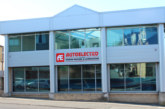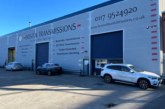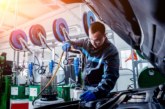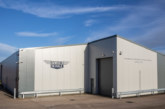The role of DEF Anti Crystal Additive Concentrate
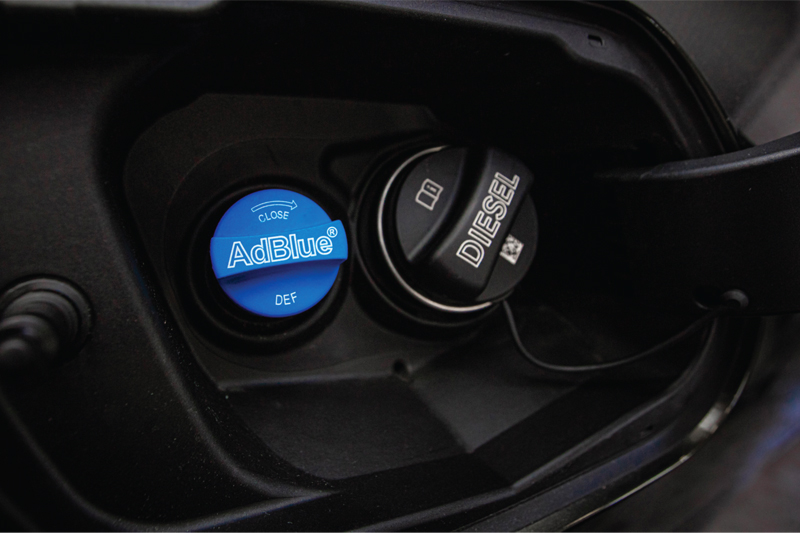
Anyone who drives a modern series-production diesel has to fill up not only with fuel, but also with urea. Dissolved in water, it is sold under the name AdBlue. This helps VMs comply with the standards for nitrogen oxide (NOx) emissions that apply in Europe; however, according to LIQUI MOLY, this application can damage the exhaust system without appropriate care – this is where DEF Anti Crystal Additive Concentrate, newly developed by LIQUI MOLY, comes in.
Diesel fuel is required to keep the vehicle moving; AdBlue creates the prerequisites allowing the diesel engine to comply with the legally prescribed NOx levels. The reducing agent AdBlue, also known as diesel exhaust fluid (DEF), is injected into the hot exhaust tract in the appropriate doses via a separate tank.
LIQUI MOLY Head of Research and Development, David Kaiser – responsible for the development of this particular product – said: “The solution evaporates there. Residues can form because a liquid film forms on the exhaust pipe surface, where the water evaporates faster than the urea can decompose.
“The additive lowers the temperature to achieve the so-called Leidenfrost effect. This phenomenon promotes residue-free decomposition of the AdBlue solution. The Leidenfrost effect reduces the formation of a liquid film on the exhaust surface.”
Exhaust gas treatment system most affected
The additive influences the exhaust gas treatment system, or SCR system for short. SCR stands for selective catalytic reduction. With the help of this technology, the nitrogen oxides produced during the combustion process in the diesel engine are converted into elemental nitrogen and water in a catalytic converter. The central component of SCR treatment technology is the dosing system – and the pump is at its heart, according to LIQUI MOLY.
Residues can be formed because AdBlue consists of around two thirds demineralised water and about one third urea. When this substance is heated, the organic compounds biuret and triuret are formed by the separation of ammonia.
David said: “Urea crystals form in lines or in dosing valves. This happens when the water in the lines evaporates or vaporises.”
In extreme cases, this leads to a blockage in the AdBlue system. This, in turn, can cause damage to the pump and injection nozzles or trigger an error message in the engine control unit.
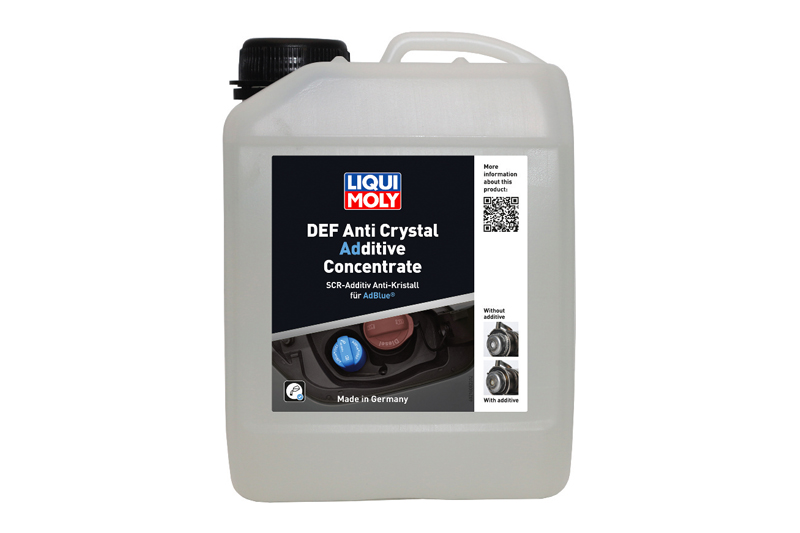
David continued: “The surfactant contained in the additive reduces the surface tension in AdBlue. It hinders the formation of drops. This prevents the development of unwanted crystals and deposits on the injection nozzle.”
Cold sensitivity is the second “weak point”
To protect the SCR system from freezing, VMs use heaters, according to LIQUI MOLY, but they are only activated when the engine starts.
David said: “AdBlue freezes at temperatures below -11.5°C. With our additive, you can lower the freezing point to around -16°C.”
It is worth pointing out that the DEF Anti Crystal additive only has a preventive effect. Existing crystallisation can only be removed mechanically.
The new product is available in a plastic container with a capacity of 2.5L.



